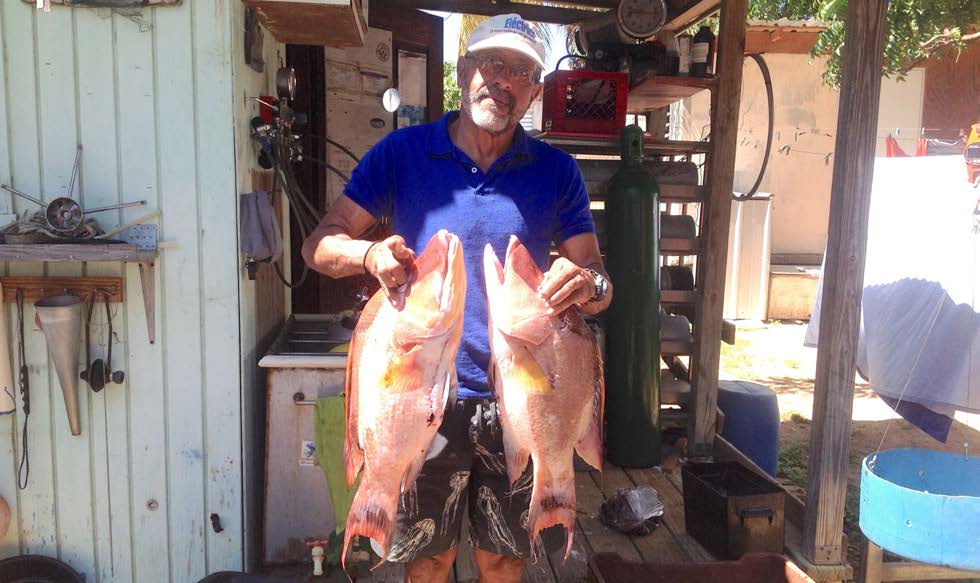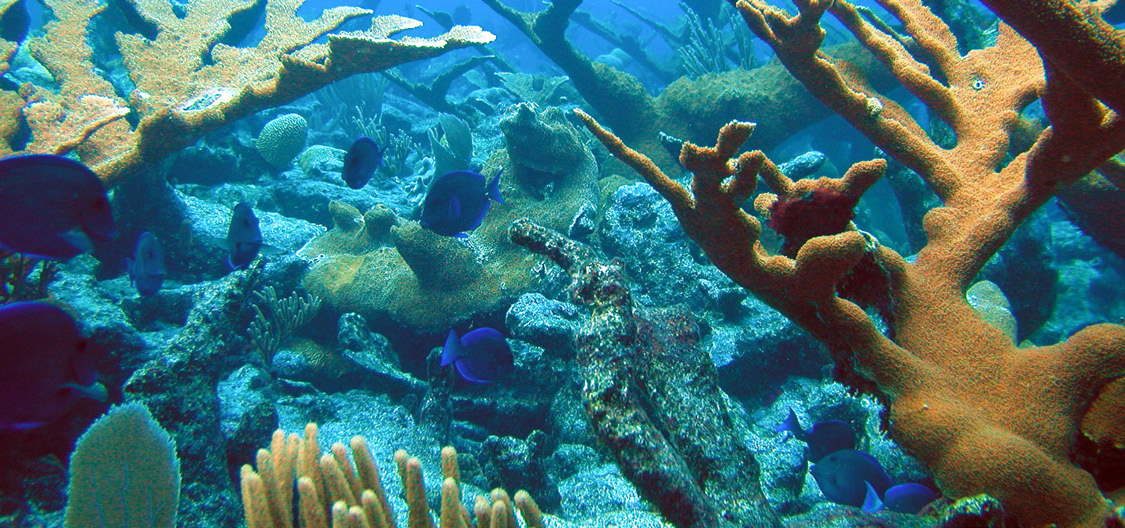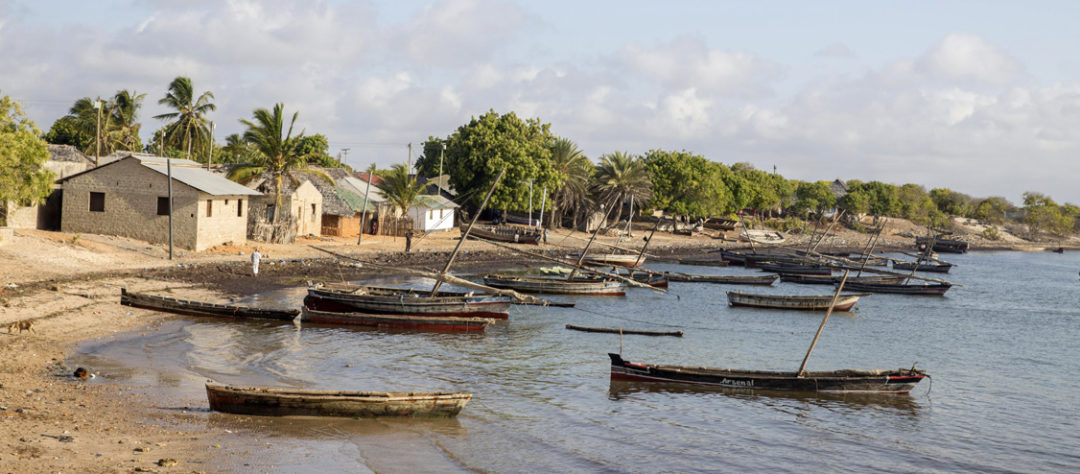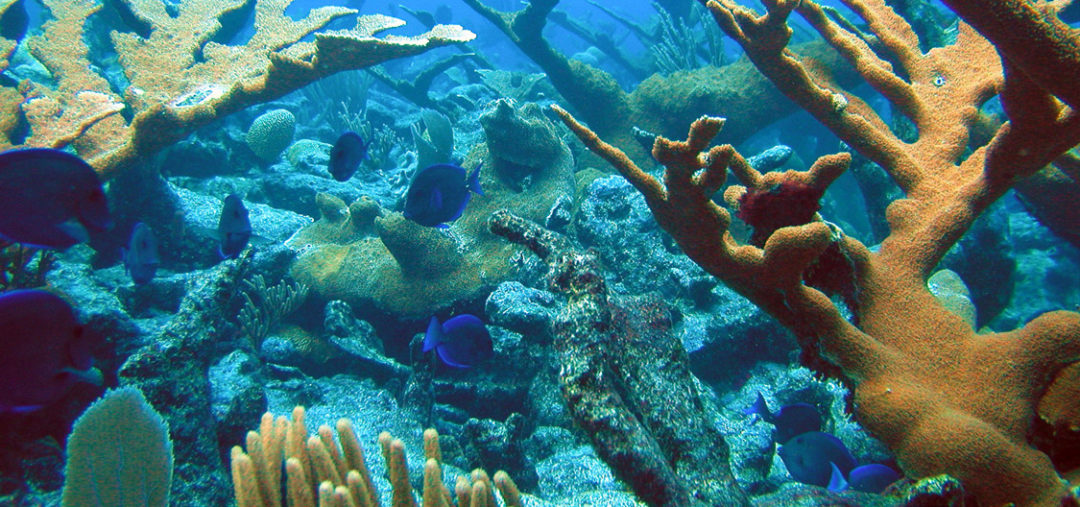Fishers play a major role in the local economy of Puerto Rico. Between 2010 and 2015, fishermen across Puerto Rico landed close to 2.4 million pounds of seafood, generating revenues of about $8.6 million per year. Unfortunately, many of Puerto Rico’s vital fisheries are threatened by overfishing.
Traditionally, fishers have manually recorded and shared their harvest data using simple pen and paper, but this method is time-consuming and prone to error. In 2016, the Partnership supported development of Puerto Rico’s first electronic reporting application and data viewing platform. This new, mobile technology allows fishers to quickly and easily collect their harvest data and share it with fisheries managers, allowing for more informed management decisions across all of Puerto Rico’s commercial fisheries.
To date, the Partnership has trained approximately 65 fishers in the use of the new electronic reporting technology. By 2020, it is expected that no less than 70 percent of commercial fishers in Puerto Rico will enter their harvest data electronically.
In addition, in collaboration with the Puerto Rico Department of Natural and Environmental Resources and the Caribbean Fishery Management Council (CFMC), the Partnership has supported development of the first ever Commercial Fisher’s Education Program (PEPCO) to increase understanding of commercial fishing regulations, license and permit requirements, and basic fisheries management and conservation concepts. To date, 514 commercial fishers from across Puerto Rico have participated.
In 2017, in collaboration with CFMC, the Partnership developed the first PEPCO workshop manual which contains all information provided through PEPCO courses with easy to follow instructions, pictures, and figures for fishers who aren’t able to attend the workshop.
The fishing community has been incredibly receptive of both the new electronic reporting application and education program. Fishers are beginning to view fisheries improvement as a collaborative process—they have even advocated for the closure of certain fisheries to allow fish populations time to rebound.
Andres Maldonado, a commercial fisher of conch and lobster, said “this new technology [electronic reporting] will make things easier and save us time; fishers are receptive to technologies that help them improve their working conditions.”



